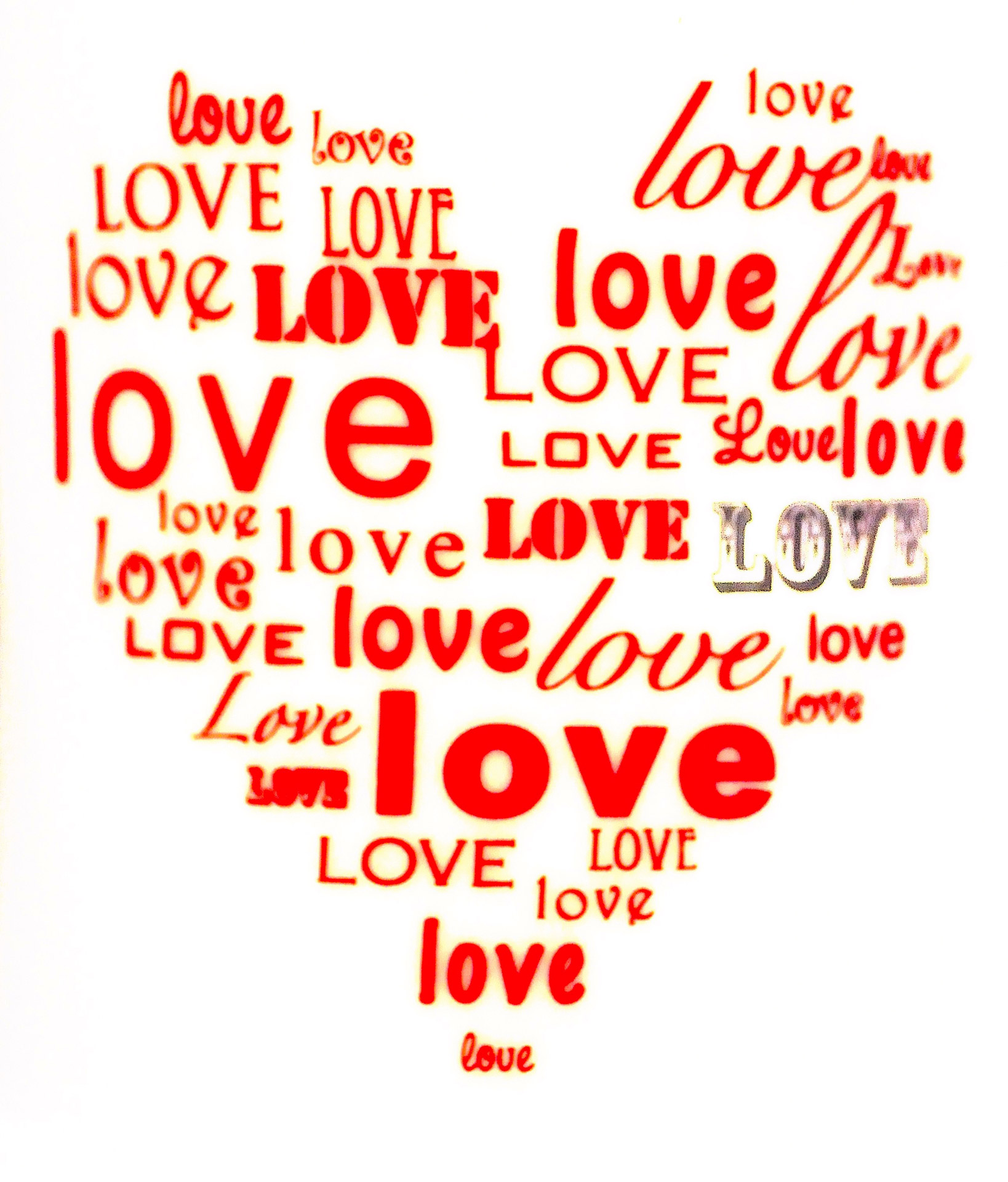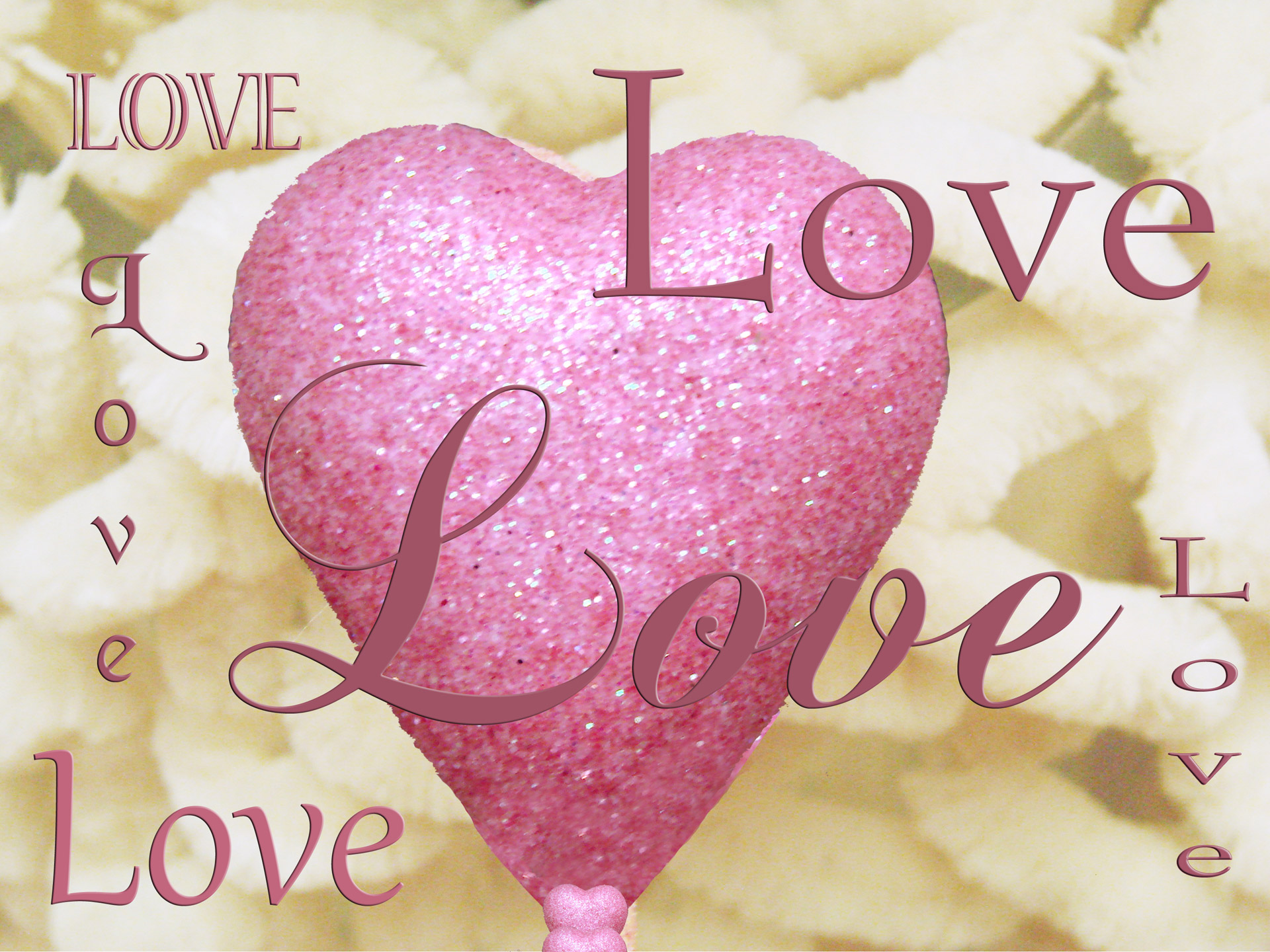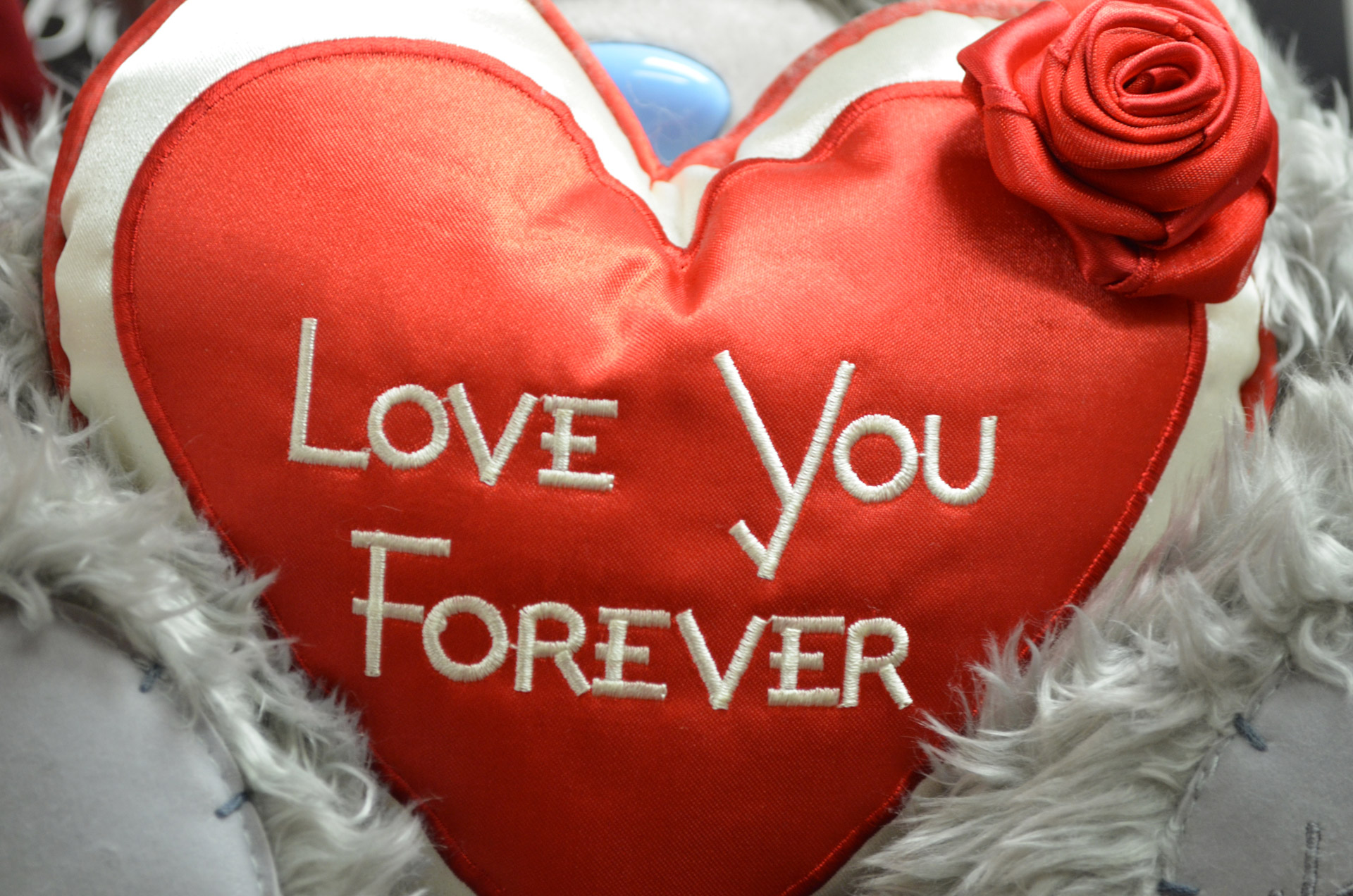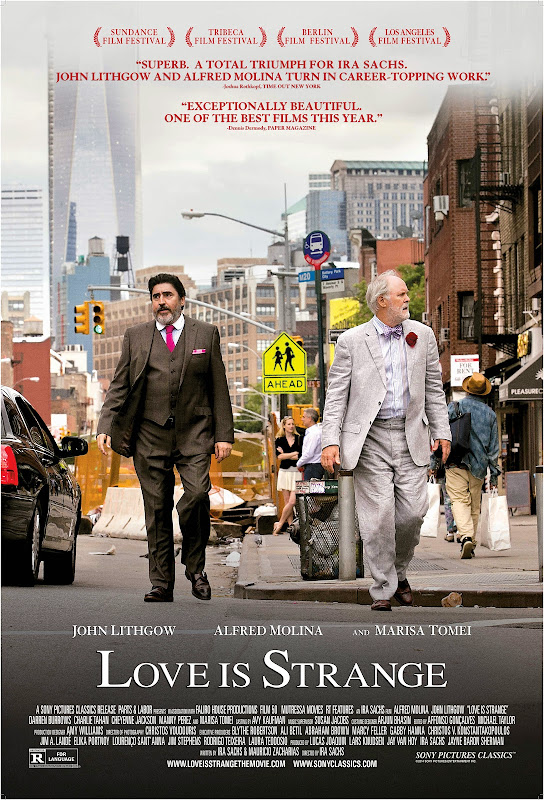· i wouldnt think of used would love to in a business context. I love you to bits/ i love you to pieces? · hi, i came across this phrase a love of and looked it up in the dictionary. Could you please … With love to/for that … However it is a harmless joke. · it is usually seen as a joke because it means i love me too! I love chocolate, for example, is different to saying i have found my true love. I could not find the usage of that after love, hate, like in any dictionaries so i tied to make up the sentence above. When only love is written just before/above the senders name at the end of an informal letter, what punctuation mark should. And i found a love of as well as a love for. the examples are: I know you love you but do you … I love you mary: His love for football 2. (2) you can, and … Id say id be pleased to or happy to. · hi, i love (it) that my children enjoy school. (1) you can use love loosely. · 《to loveる》基本资料如下 原版名称 to loveる -とらぶる- 中文名 台湾:出包王女(中国台湾的东立出版社) 香港:茶煲情缘to loveる(香港文化传信) ???:混乱 … Thats a reply to a party invitation, not a meeting. · i know love at the end of a letter can mean everything to nothing. · dear teachers, namaskar. Two things though: · its the cover of love beatles cd, and i want to stick with above the word love and below it the words to/for and the name of a person. · to say you love is more serious. Could someone tell me what exactly is the connotation of: Is (i) love you stronger/more romantic than just love or are they the same?
Love Story: The Enduring Marriage Behind Barefoot Bob'S
· i wouldnt think of used would love to in a business context. I love you to bits/ i love you to pieces? · hi,...









